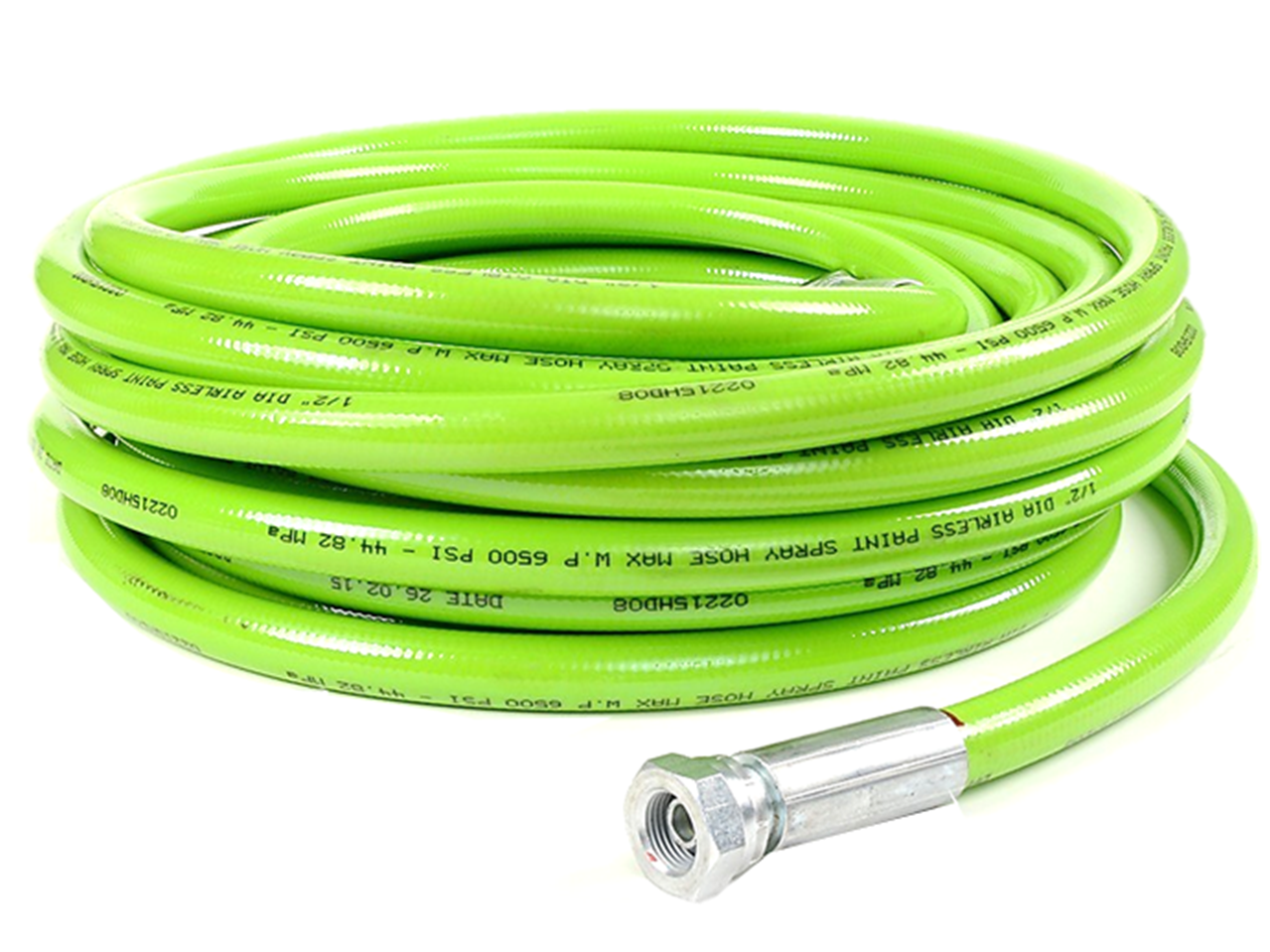

The Complete Technology Book on Plastic Extrusion, Moulding And Mould Designs. ^ Engineers, NIIR Board of Consultants and ().Polymer Matrix Composites and Technology. ^ Wang, Ru-Min Zheng, Shui-Rong Zheng, Yujun George ()."Introduction to Composite Materials and Structures" (PDF). ^ Tiwari, Nachiketa (November 25, 2017).Challenging Glass: Conference on Architectural and Structural Applications of Glass, Faculty of Architecture, Delft University of Technology, May 2008. ^ Bos, Freek Louter, Christian Veer, Fred (2008).The formula to convert from psi to MPa is: MPa psi x 0. ^ "Physical Properties of Glass - Saint-Gobain Glass UK". Conversion Formula Let's take a closer look at the conversion formula so that you can do these conversions yourself with a calculator or with an old-fashioned pencil and paper.Translucent Materials: Glass, Plastics, Metals. "The Mechanical Properties of Glass" (PDF). ^ a b Lehman, Richard (November 24, 2017).Glass has a hardness of 6.5 on the Mohs scale of mineral hardness. S-glass has a strength of 700,000 pounds per square inch (4,800 MPa) while E-glass and C-glass have a strength of 500,000 pounds per square inch (3,400 MPa). Strength of fiberglass įiberglass's strength depends on the type. This is due to the reduction of flaws in glass fibers and that glass fibers have a small cross sectional area, constraining maximum defect size ( Size effect on structural strength). Glass fibers have a much higher tensile strength than regular glass (200-500 times stronger than regular glass). Glass has a compressive strength of 1,000 megapascals (150,000 psi). The processes of thermal and chemical toughening can increase the tensile strength of glass. The chemical composition of the glass also impacts its tensile strength. Imperfections of the glass, such as bubbles, and in particular surface flaws, such as scratches, have a great effect on the strength of glass and decrease it even more than for other brittle materials.

This high value is due to the strong chemical Si–O bonds of silicon dioxide. However, the theoretical upper bound on its strength is orders of magnitude higher: 17 gigapascals (2,500,000 psi). Glass typically has a tensile strength of 7 megapascals (1,000 psi).


 0 kommentar(er)
0 kommentar(er)
